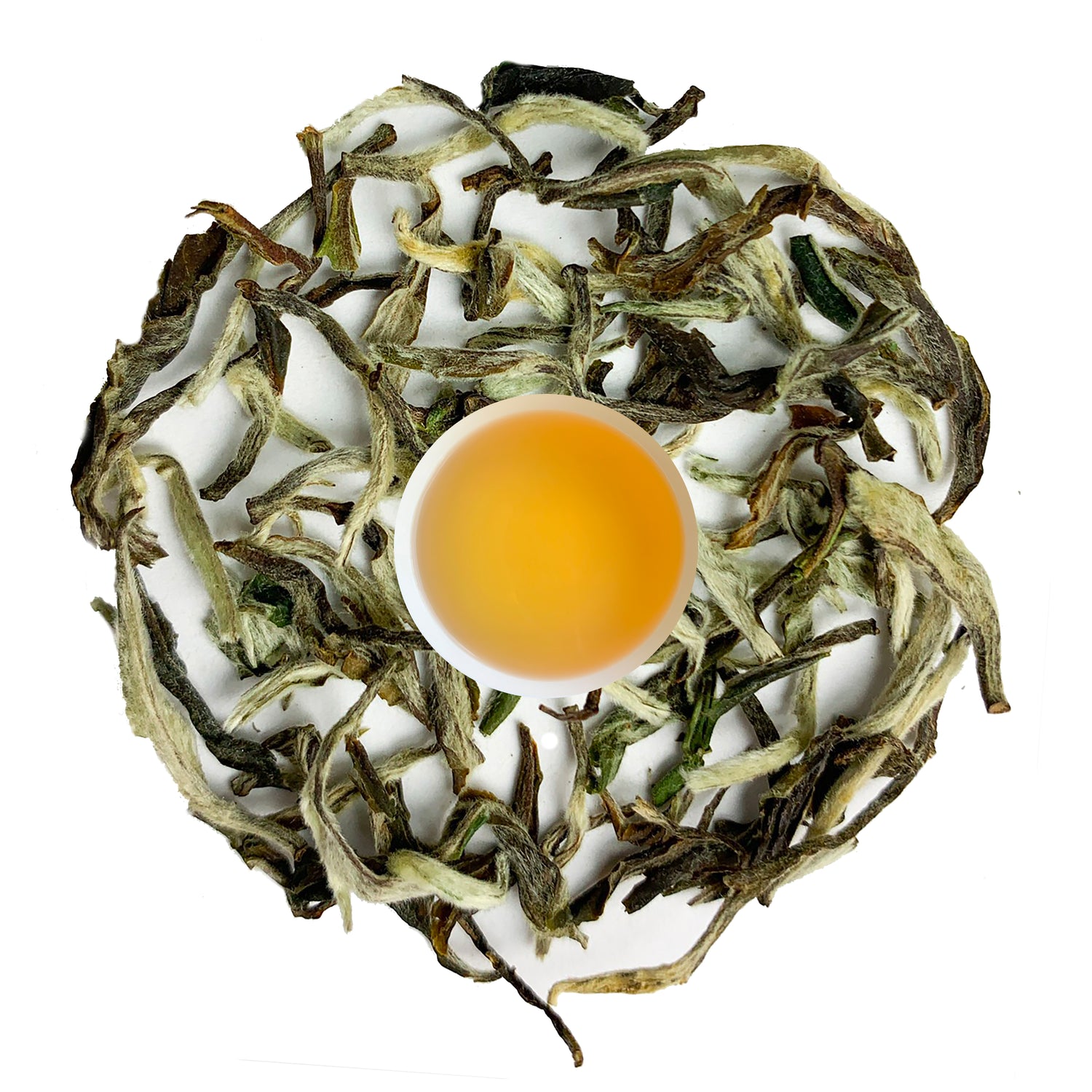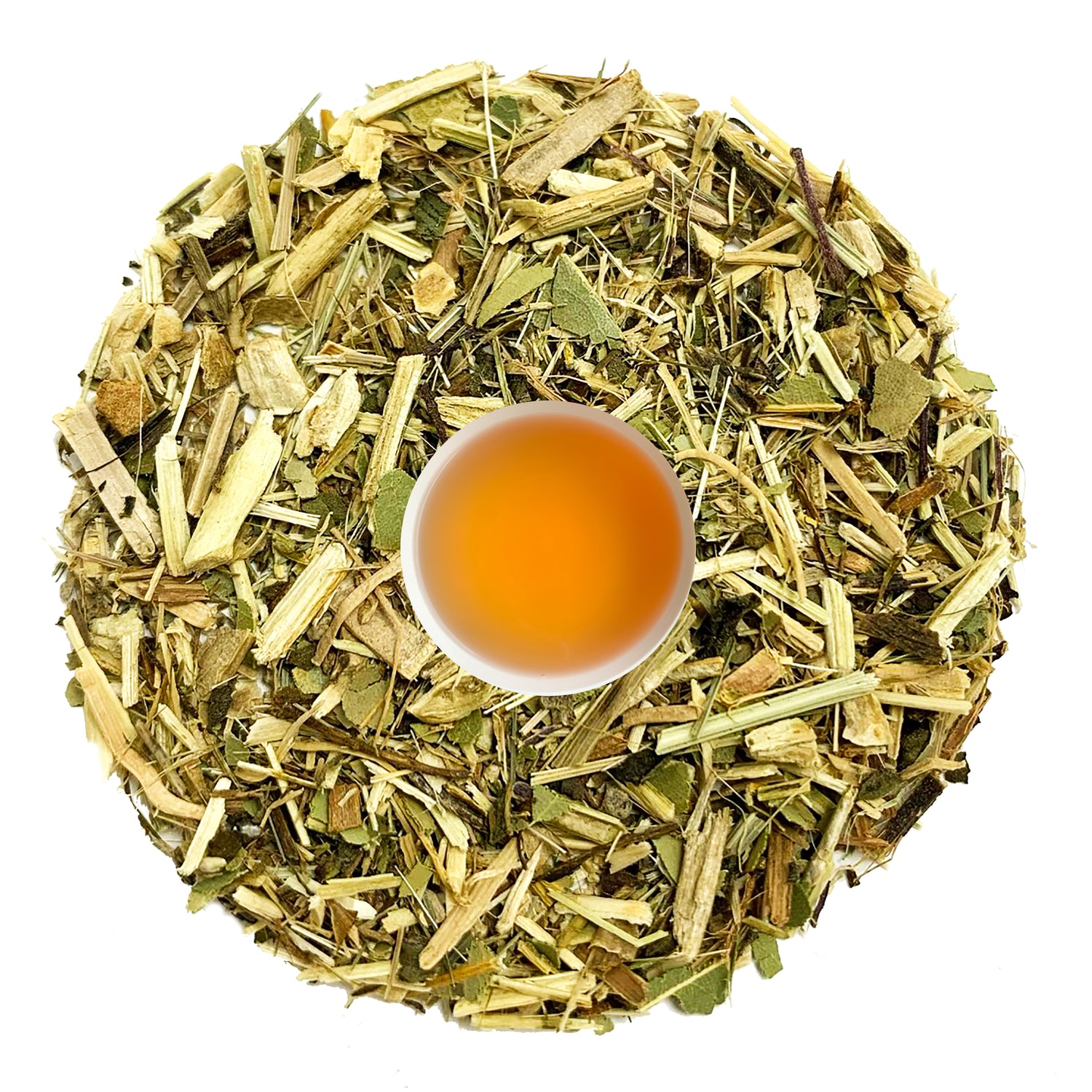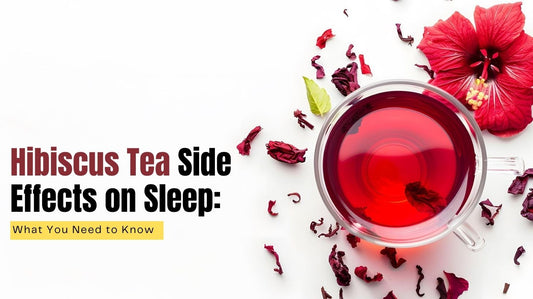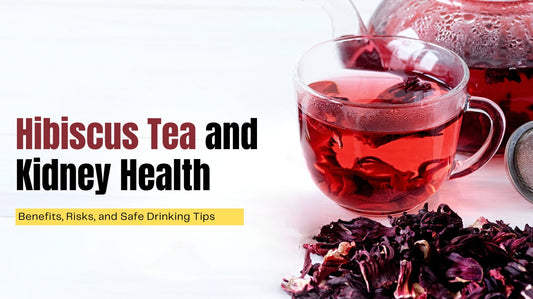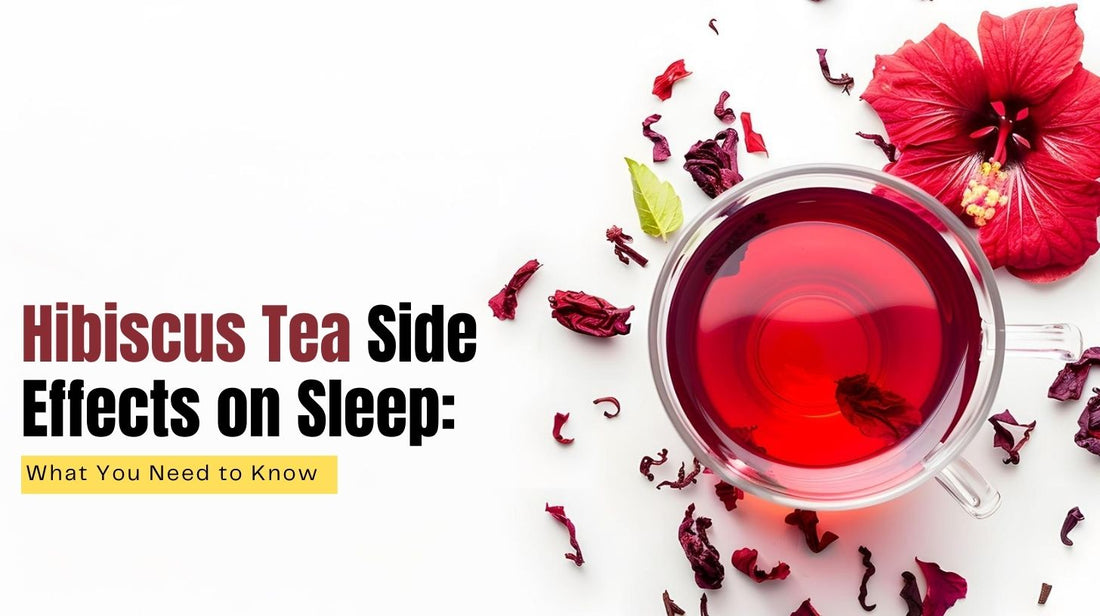
Hibiscus Tea Side Effects on Sleep: What You Need to Know
Hibiscus Tea and Sleep
Hibiscus tea, made from the petals of Hibiscus sabdariffa, is celebrated worldwide for its tart, cranberry-like flavor and striking ruby-red color. Many people drink it for heart health, antioxidant benefits, and blood pressure regulation.
But there’s one question that often comes up: Can hibiscus tea affect sleep?
While hibiscus tea is naturally caffeine-free, some drinkers report sleep disturbances, nighttime restlessness, or digestive issues. In this article, we’ll explore the hibiscus tea side effects on sleep, how to enjoy it safely, and alternative herbal teas that promote better rest.
Related Blogs:
|
Hibiscus Tea and Kidney Health: Benefits, Risks, and Safe Drinking Tips Discover the Finest Teas with Danfe Tea – Premium Quality, Health, and Flavor in Every Cup |
What Is Hibiscus Tea?
Hibiscus tea is an herbal infusion, not a traditional black or green tea. The dried petals of the hibiscus flower are steeped in hot water, producing:
- A deep red, vibrant color
- A tart, slightly floral flavor
-
A caffeine-free beverage, making it a common choice for evening tea
Even though it doesn’t contain caffeine, hibiscus tea contains compounds like anthocyanins, polyphenols, and natural acids, which can influence how your body reacts, especially at night.
Tip: If you want to explore other relaxing herbal teas, DanfeTea.com offers a variety of calming blends perfect for evening routines.
Nutrients and Compounds That Affect Sleep
Hibiscus tea contains several bioactive compounds that can influence sleep patterns:
- Anthocyanins: Antioxidants that may contribute to mild relaxation.
- Polyphenols: Linked to heart and vascular health, indirectly supporting restful sleep.
- Natural acids (citric, malic, tartaric): Can affect digestion, sometimes causing mild discomfort.
-
Diuretic properties: Increase urine production, which may interrupt sleep if consumed late in the evening.
Understanding these components helps explain why hibiscus tea can both calm and disrupt sleep depending on how and when it’s consumed.
Hibiscus Tea Side Effects on Sleep
1️. Diuretic Effect
Hibiscus tea acts as a mild diuretic, meaning it encourages your body to produce more urine. While this can help flush toxins, drinking it too close to bedtime may cause nighttime bathroom trips, interrupting deep sleep cycles.
2️. Blood Pressure Fluctuations
Hibiscus tea can lower blood pressure, which is beneficial during the day. However, for some individuals, this may cause lightheadedness, restlessness, or difficulty falling asleep at night, especially if combined with medications.
3️. Digestive Sensitivity
The natural acidity in hibiscus tea may cause mild bloating, heartburn, or stomach discomfort in sensitive individuals. These issues can delay sleep onset or disturb nighttime rest.
4️. Interaction with Medications
If you are taking antihypertensive drugs, diuretics, or sleep medications, hibiscus tea may amplify their effects, which could interfere with your sleep quality. Always consult your healthcare provider before combining hibiscus tea with medications.
How to Drink Hibiscus Tea Without Affecting Sleep
To enjoy hibiscus tea safely while maintaining healthy sleep patterns:
- Best time: Morning or early afternoon for maximum benefits without sleep disruption.
- Evening caution: If you drink it in the evening, finish at least 2–3 hours before bedtime.
- Limit intake: 1–2 cups per day is generally safe for most adults.
-
Rotate teas: Alternate with other caffeine-free herbal teas from DanfeTea.com for balanced wellness.
Tip: Observing your own body’s response is key. Everyone reacts differently to herbal infusions.
Herbal Tea Alternatives for Better Sleep
If hibiscus tea affects your rest, there are several kidney and sleep-friendly alternatives you can enjoy:
Chamomile Tea
- Well-known for relaxation and sleep support.
- Gentle on digestion and naturally caffeine-free.
- Explore chamomile blends at DanfeTea.com
Tulsi (Holy Basil) Tea
- Adaptogenic properties help reduce stress and promote calmness.
- Can be enjoyed any time of day.
- Check out Tulsi infusions at DanfeTea.com
Green Tea
- Provides antioxidants without caffeine-induced sleep interference.
- Shop decaf green teas at DanfeTea.com
These alternatives allow you to enjoy evening tea rituals without compromising your sleep quality.
Practical Tips for Nighttime Tea Drinking
- Avoid large quantities right before bed.
- Create a relaxing routine: read, meditate, or take a warm bath after tea.
- Monitor your own tolerance and response; some may be more sensitive than others.
-
Pair tea drinking with hydration earlier in the day to prevent nighttime bathroom trips.
Love exploring the world of teas while protecting your sleep?
Discover a variety of calming and herbal teas at DanfeTea.com. Find the perfect blends to enjoy your evening ritual without compromising rest, and experience the natural wellness of premium Nepal teas.
FAQs
1. Can hibiscus tea cause insomnia?
Not directly caffeine-free. But its diuretic effect or acidity may disturb sleep if consumed too late.
2. Is hibiscus tea safe to drink at night?
Yes, if consumed 2–3 hours before bedtime. Avoid drinking it immediately before bed.
3. Does hibiscus tea make you sleepy?
It may have a mild calming effect due to antioxidants, but it is not a strong sedative.
4. Can hibiscus tea interact with sleeping pills?
It may amplify the effects of certain medications. Consult your doctor if combining it with sleep aids.
5. How much hibiscus tea is safe daily?
1–2 cups per day is generally safe for healthy adults. Excessive consumption may cause digestive discomfort or blood pressure changes.
6. Does hibiscus tea lower blood pressure too much at night?
For some individuals, especially those on antihypertensive medications, it may contribute to lower nighttime blood pressure. Monitor your response and consult a doctor if needed.



